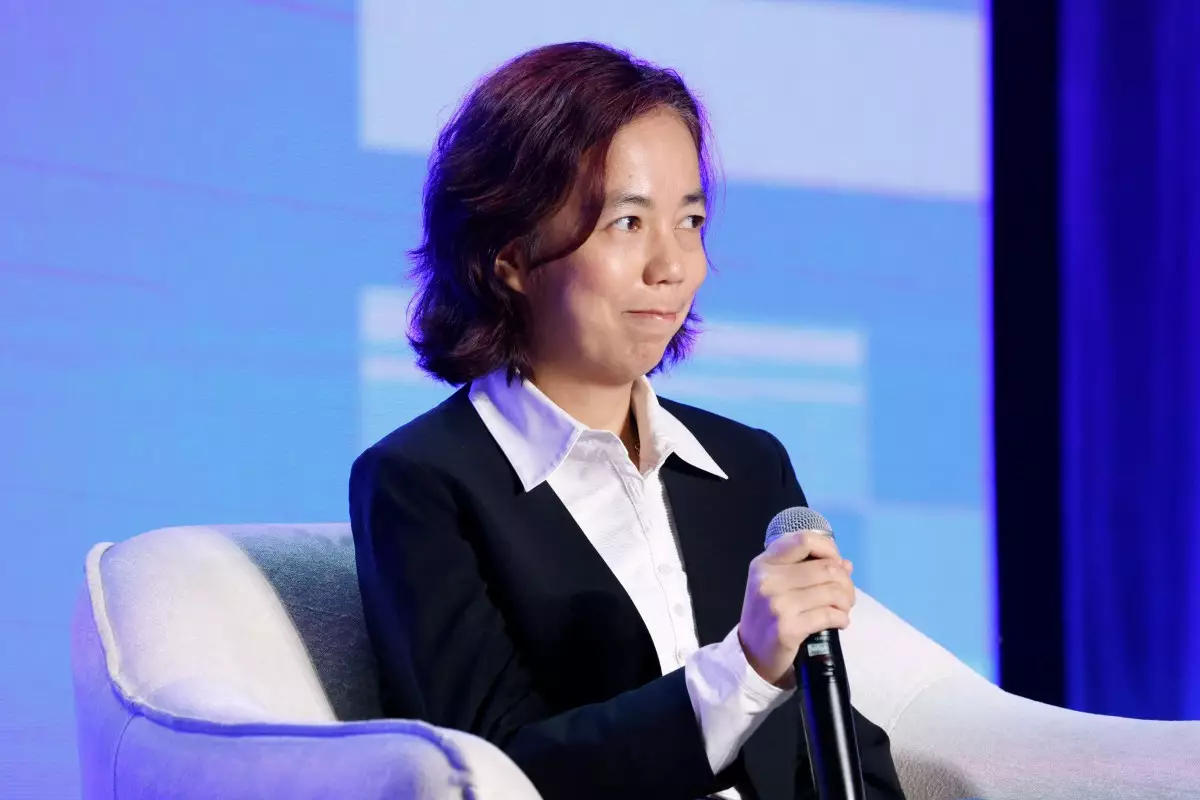The race to secure relationships with pioneering artificial intelligence (AI) startups is intensifying, as cloud service providers seek to capitalize on the burgeoning demand for advanced computational resources. Among these ambitious endeavors, a noteworthy collaboration has emerged between Google Cloud and World Labs, a startup founded by prominent AI expert Fei-Fei Li. This partnership not only underscores the strategic significance of cloud computing in the AI sector but also reflects the ongoing transformation within the technological landscape.
World Labs recently secured a substantial funding round amounting to $230 million, propelling its valuation beyond the billion-dollar mark. With the backing of notable investors such as Andreessen Horowitz (A16Z), the startup is poised to realize its ambition of creating sophisticated AI models. A key aspect of this venture is its decision to utilize Google Cloud as its primary computing provider for training these models. Estimates suggest that this contract could be valued in the hundreds of millions, affirming the cloud provider’s commitment to fostering AI talent.
World Labs positions itself uniquely in the AI marketplace, focusing on the development of “spatially intelligent” models. These models are designed to not only analyze vast amounts of visual data but also to generate and interact with video and geospatial information. This multimodal approach to AI development is indicative of the future trajectory for intelligent systems, suggesting that the capability to understand and process spatial relationships will become increasingly pivotal in a variety of applications. James Lee, Google Cloud’s general manager for startups and AI, emphasizes the significance of these evolving AI models in meeting complex demands within various industries.
Despite the strong ties between Fei-Fei Li and Google Cloud, the company asserts that its relationship with World Labs is not merely a result of these connections. Google Cloud has emphasized the importance of its technology and infrastructure as key factors influencing this partnership. The cloud provider offers a range of options for AI training, including its proprietary tensor processing units (TPUs) alongside Nvidia GPUs. While there has been a shift within the industry towards using custom-designed chips, Google Cloud has identified that many startups continue to favor GPUs for their training needs.
As competition intensifies among cloud service providers to capture the AI market, the ongoing shortage of Nvidia GPUs poses a significant challenge. To mitigate this dependency, companies like Google Cloud are naturally inclined to push their TPUs, but the current preference for GPUs illustrates the complexities of transitioning established practices within the industry. In the specific case of World Labs, the decision to opt for GPU training reflects their immediate strategic needs, although the company has not ruled out the possibility of adjusting their computing platform in the future.
One of the challenges faced by cloud providers is managing the insatiable demand for computing power from AI startups. News reports indicate that Microsoft, tasked with fulfilling the high compute requirements of clients like OpenAI, has encountered obstacles in meeting expectations. World Labs’ agreement with Google Cloud, while substantial, is not exclusive, leaving the startup open to engaging with other cloud service providers in the future. However, Google Cloud anticipates that it will become World Labs’ primary partner moving forward, aiming to solidify a lasting relationship.
The partnership between Google Cloud and World Labs stands as a testament to the strategic maneuvers being undertaken within the AI and cloud computing arenas. As competition heats up among cloud providers, these collaborations are essential for securing long-term clients with robust financial backing. Moreover, the evolution of technologies associated with AI hints at exciting advancements for the future, particularly as startups like World Labs forge ahead with innovative models that prioritize spatial intelligence. It becomes increasingly clear that the interplay between AI startups and cloud service providers will significantly shape the trajectory of technological development in the coming years. As both sectors evolve, their symbiotic relationship will likely yield groundbreaking advancements, with implications that stretch far beyond the realms of computing and artificial intelligence.

